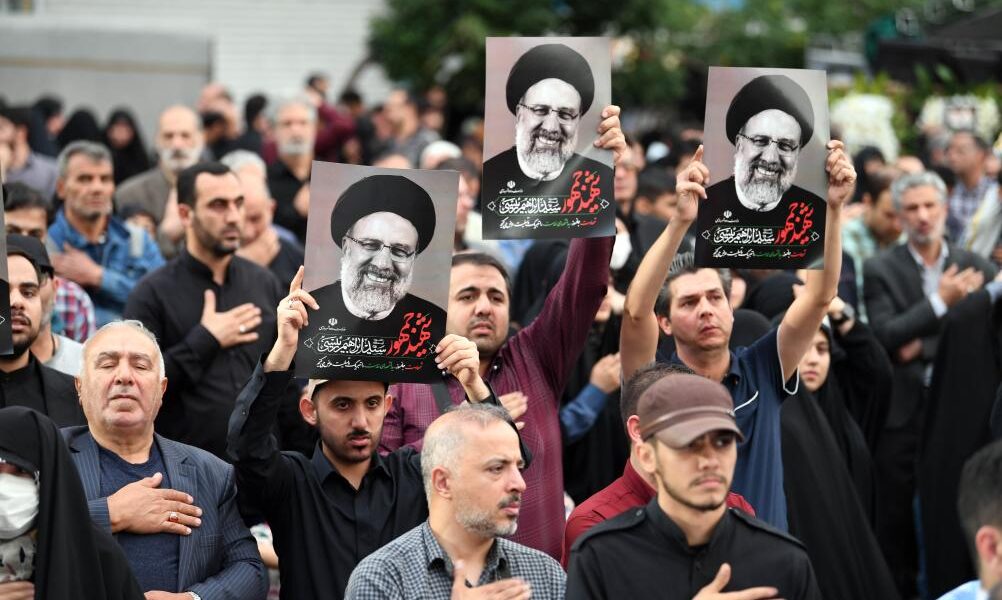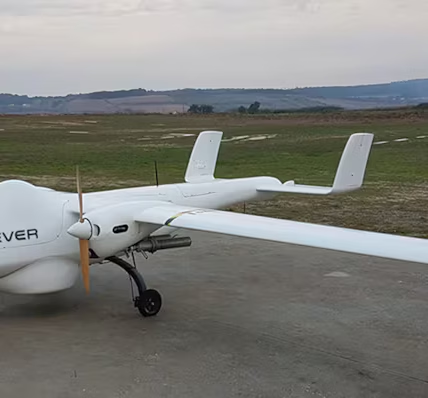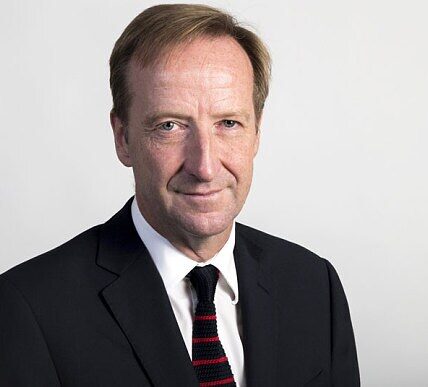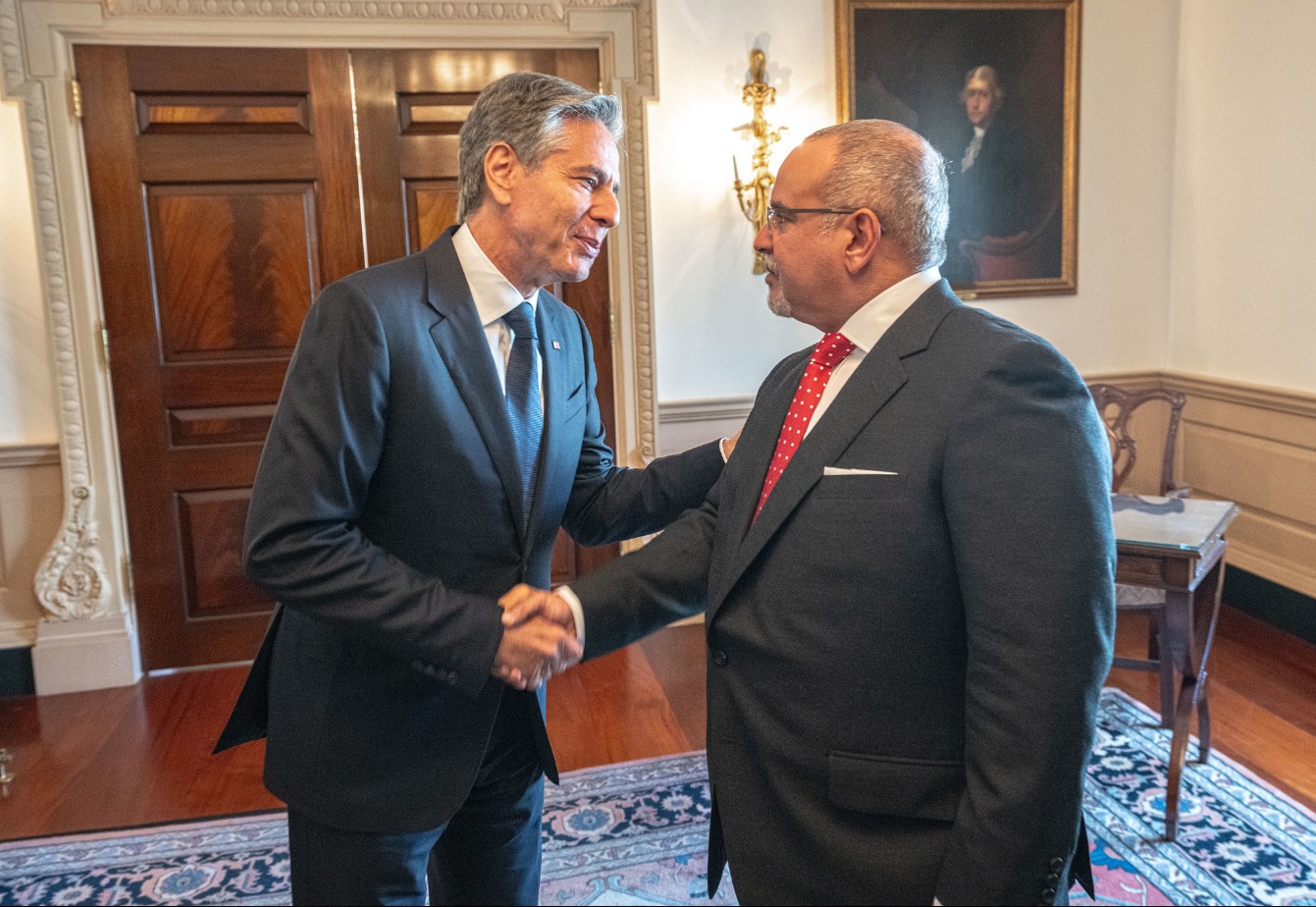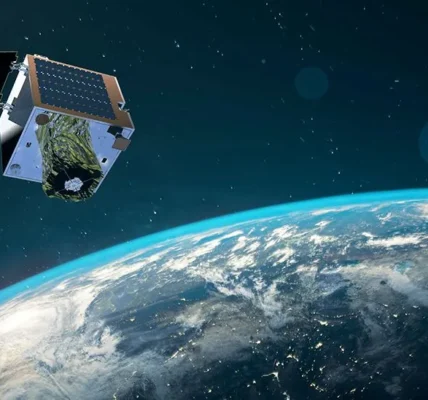National Security News identifies six potential Iranian presidential candidates.
The end of official mourning for Iranian president Ebrahim Raisi has kick-started a competition in which as many as 20 potential successors have been proposed.
All candidates have to be cleared by the 12-strong elite body known as the Guardian Council, and the regime is torn between ensuring continuity and allowing an open competition that affords the successful candidate true legitimacy.
The election on 28h June, triggered by Raisi’s death in a helicopter accident last Sunday, has the potential to expose political divisions within the regime, something that the supreme leader Ayatollah Ali Khamenei will seek to avoid in the search for predictability and stability. Although the elections are about personalities, backroom deals and relationship to the supreme leader, ideology plays a role.
Six potential contenders identified by National Security News include:
Mojtaba Khamenei, 54, the second son of the Supreme Leader, is viewed by some analysts as the candidate with the best chances while others do not even see him as a serious runner.
He is a trained theologian and played a key role in the election of the hardline former president Mahmoud Ahmadinejad, who is also viewed as a potential presidential candidate. Khamenei came to national prominence at the age of 17, when he disappeared for a week in March 1985 while serving on the front lines of the Iraq-Iran war. At the time, his father had yet to ascend to the role of supreme leader.
Over the past decade, Mojtaba’s name has also been mentioned as someone who could one day replace his father in the highest position in the Islamic Republic.
Mohammad Javad Zarif, 64, served as Iran’s foreign minister from 2013 to 2021. He was educated in the US and is fluent in English and is probably the candidate the West would like to see win the presidential race.
His tenure as foreign minister marked a significant period of engagement with the West, which in today’s Iran may actually damaged his chances.
Zarif led Iran’s negotiating team in the 2015 nuclear deal with western countries and the
International Atomic Energy Agency, which was aimed at curbing Tehran’s nuclear programme in exchange for sanctions relief.
His name has been mentioned in recent weeks after he attended the annual Tehran International Book Fair to present his latest book, The Depth of Patience, where he attracted large crowds.
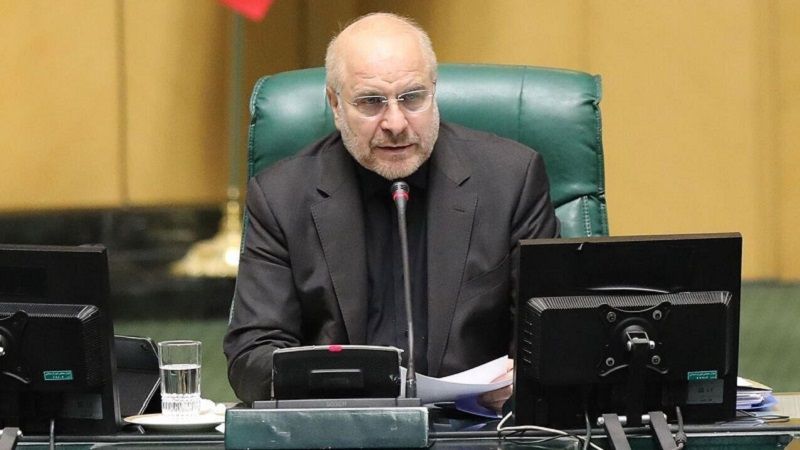
Mohammad Bagher Ghalibaf, 62, has been the Speaker of the Iranian parliament since 2020 and was the mayor or Tehran from 2005 to 2017. He was also formerly Iran’s chief of police from 2000 to 2005 and commander of the IRGC’s air force from 1997 to 2000.
Should he run in this year’s early elections, it would be his fourth attempt.
In 2009, Ghalibaf’s candidacy was rejected by the Guardian Council. In 2013, he was the runner-up to former president Hassan Rouhani.
In 2017, in his third attempt, Ghalibaf withdrew to pave the way for a two-man battle between Rouhani and Raisi.
A former police chief and member of the Revolutionary Guards, he has played on his tough image in the past and campaigned against the wealthy elite.

Mohammad Mokhber, 68, has served as first vice president under Raisi since 2021, and is seen as being close to Khamenei, who has the final say in all matters of state.
When Raisi’s death was announced on Monday, Mokhber took over as acting president in accordance with Iran’s constitution.
He was part of a team of Iranian officials who visited Moscow in October and agreed to supply surface-to-surface missiles and more drones to Russia’s military, Reuters reported at the time.
In 2010, the EU included Mokhber on a list of individuals and entities it was sanctioning for alleged involvement in “nuclear or ballistic missile activities”. Two years later, it removed him from the list.
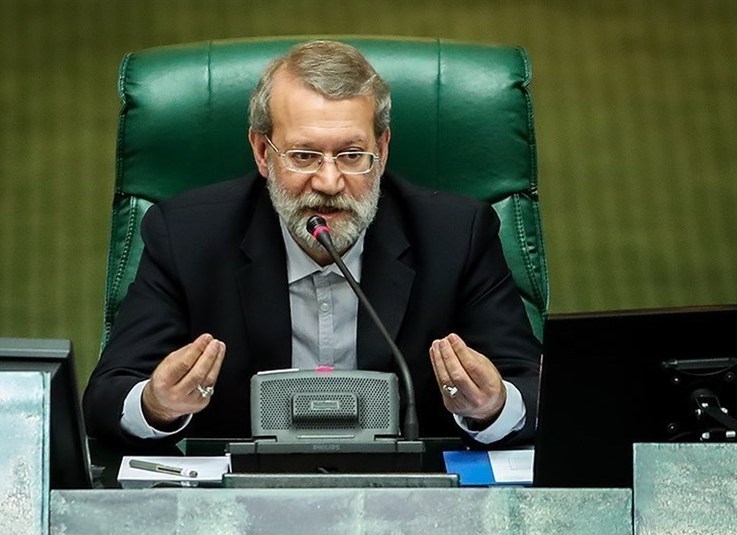
Ali Larijani, 65, is a former Iranian parliament speaker, who held the post from 2008 to 2020, is likely to make a second bid for the presidency next month.
Larijani is considered a long-time prominent conservative voice who later allied himself with Iran’s relatively moderate President Rouhani.
He previously came sixth in the 2005 elections when he won 5.83 per cent of the vote.
A former IRGC commander, he previously served as the minister of culture and Islamic guidance and as the head of Iran’s state broadcaster.
Under hardline former president Mahmoud Ahmadinejad, he served as secretary of Iran’s powerful Supreme National Security Council for two years, and as a senior nuclear negotiator.
Larijani’s family includes prominent members of Iran’s theocracy, with his cleric brother once serving as the head of the Iranian judiciary. His father was a prominent ayatollah.
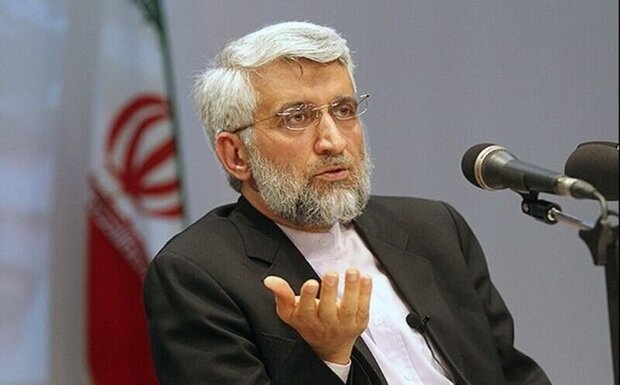
Saeed Jalili, 58, has dedicated his career to serving his country in various roles. He holds a doctorate in political science and has been a key player in shaping Iran’s foreign policy for decades.
Jalili served as Iran’s chief nuclear negotiator from 2007 to 2013 and led Tehran’s delegation in nuclear talks, earning a reputation for his defence of national interests.
In the 2021 presidential elections, he endorsed hardliner and eventual president, Raisi, after withdrawing only days before election day.
He is currently a member of the Expediency Discernment Council, an administrative advisory body originally set up to resolve differences or conflicts between the parliament and the Guardian Council.
He had also served in the Iran–Iraq War as a member of the Basij volunteers.

